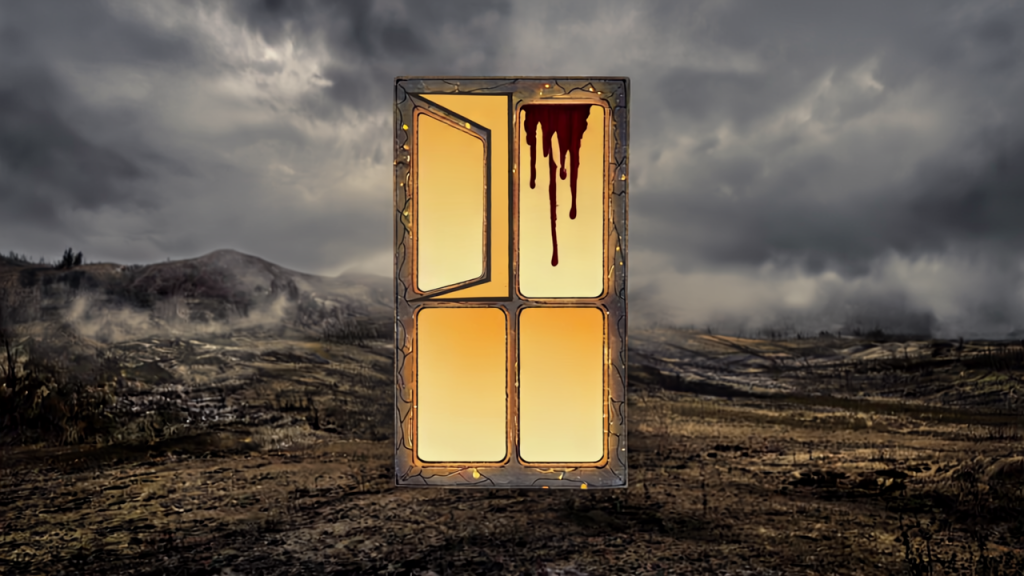When the world shut down, so did the noise. No commutes. No small talk. No pretending we were fine when we weren’t. The usual rhythm of human life that was fast, loud and endless, suddenly went still. For a moment, we all got a glimpse of what silence actually sounds like. And in that stillness, poetry started breathing again.
The World Slowed, The Words Didn’t:
When streets emptied and the air cleared, language began to do what it does best, observe.
Poets, locked inside like everyone else, started watching the small things they used to miss. The rhythm of washing hands. The weird choreography of masked faces at the grocery store. The way loneliness could stretch from dawn to dusk like a shadow that refused to leave.
David L. Wade captured this in Todling into Oblivion, poems that don’t try to make the pandemic pretty, just honest. In masks, you can almost feel the unease of people trying to socialize with fear in the room. Extraordinary precautions against the pandemic contrasts human panic with the calm persistence of nature. It’s not about despair, it’s about attention. When everything else stopped, poetry remembered how to look closely again.
When Routine Became Ritual:
The pandemic stripped away all the extras. Suddenly, we were left with the bare bones of our days. Cooking, cleaning, scrolling and waiting. For many, that dullness felt unbearable. But for poets, it became raw material.
A cup of coffee wasn’t just a caffeine fix, it was proof of continuity. A window view wasn’t just scenery, it was a reminder that life went on with or without us. Poetry started to bloom in those small and domestic corners of existence, where survival looked less like heroism and more like patience. Every ordinary act became sacred. Every breath became political. Every quiet moment became a poem waiting to be written.
The Digital Noise and the Search for Meaning:
Of course, not everything was peaceful reflection. The internet turned into a storm of opinions, updates, anger and fear. We were drowning in connection while starving for actual closeness.
Wade’s War of the Words/Worlds touches exactly that nerve. The blurring of truth and noise and the way our screens became both lifeline and prison. It’s a poem that doesn’t offer comfort, it offers clarity. And that’s what poetry does best when the world goes off the rails. It doesn’t fix the chaos, it names it.
Grief Became a Common Language:
There’s no dressing this up. We lost people. Some to the virus, some to isolation and some to the invisible weight of uncertainty. The global mourning was too large for speeches and too raw for slogans.
Poetry stepped in where ordinary words failed. A single line could carry what a thousand press conferences couldn’t. Wade’s Death Dream & COVID-19 (2020) reads like a whisper from someone who’s seen too much and yet refuses to turn away. In a time when language felt broken, poetry gave it a pulse again.
What Poetry Learned and What We Did Too:
When the world hit pause, poetry remembered its oldest job. To witness. Not to explain, not to soothe, but to stand beside us and say, “I see this too.” It learned that stillness isn’t the enemy of creation, it’s the doorway to it. It learned that truth doesn’t need a headline to matter. It learned that even in isolation, words can reach across a room, a city, a continent and touch someone who needed to feel less alone.
Wade’s Todling into Oblivion is proof of that. A time capsule of crisis but also a survival guide in verse. Because when the world stopped, poetry didn’t retreat. It waited. It listened. And when it finally spoke, we were ready to hear it again.
